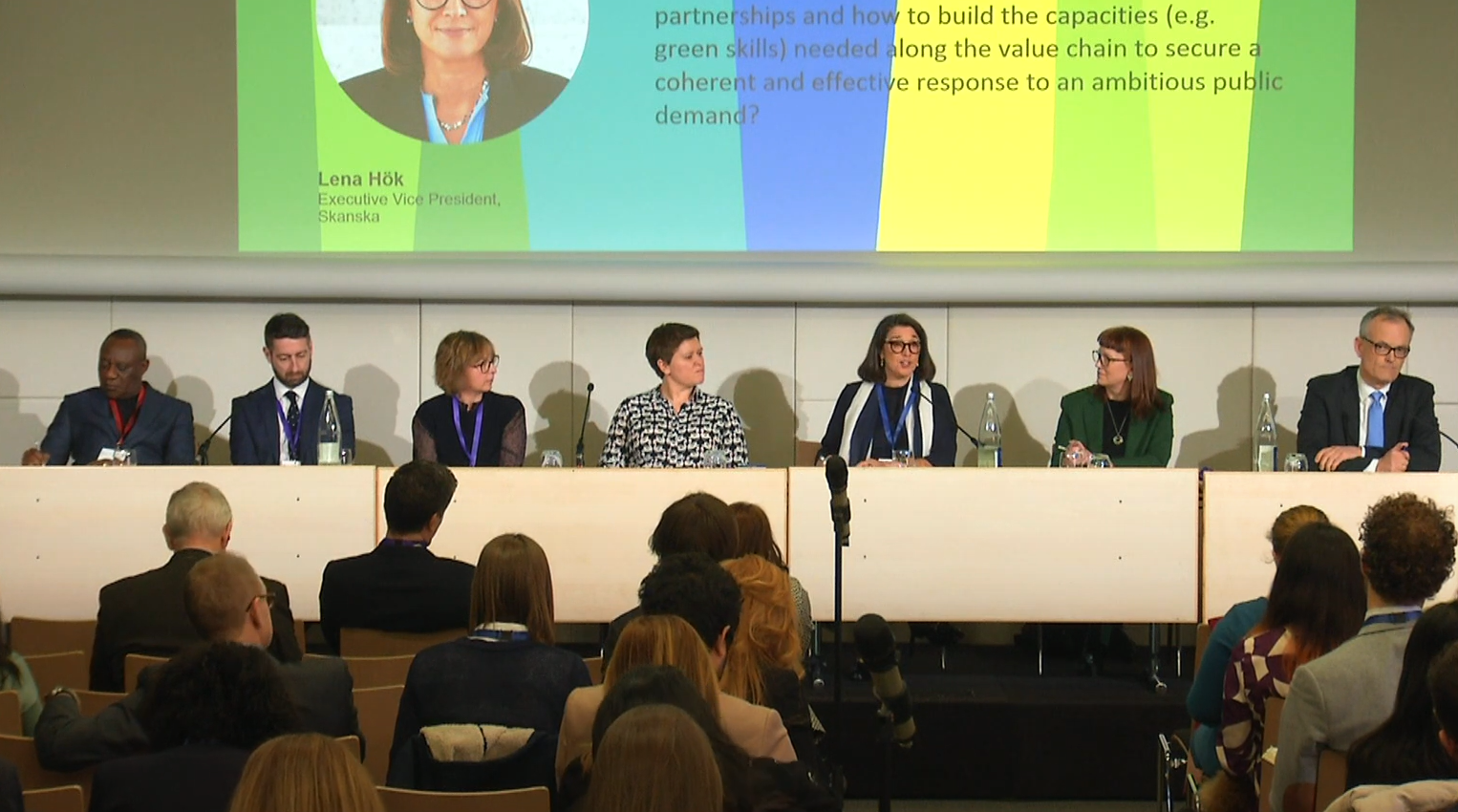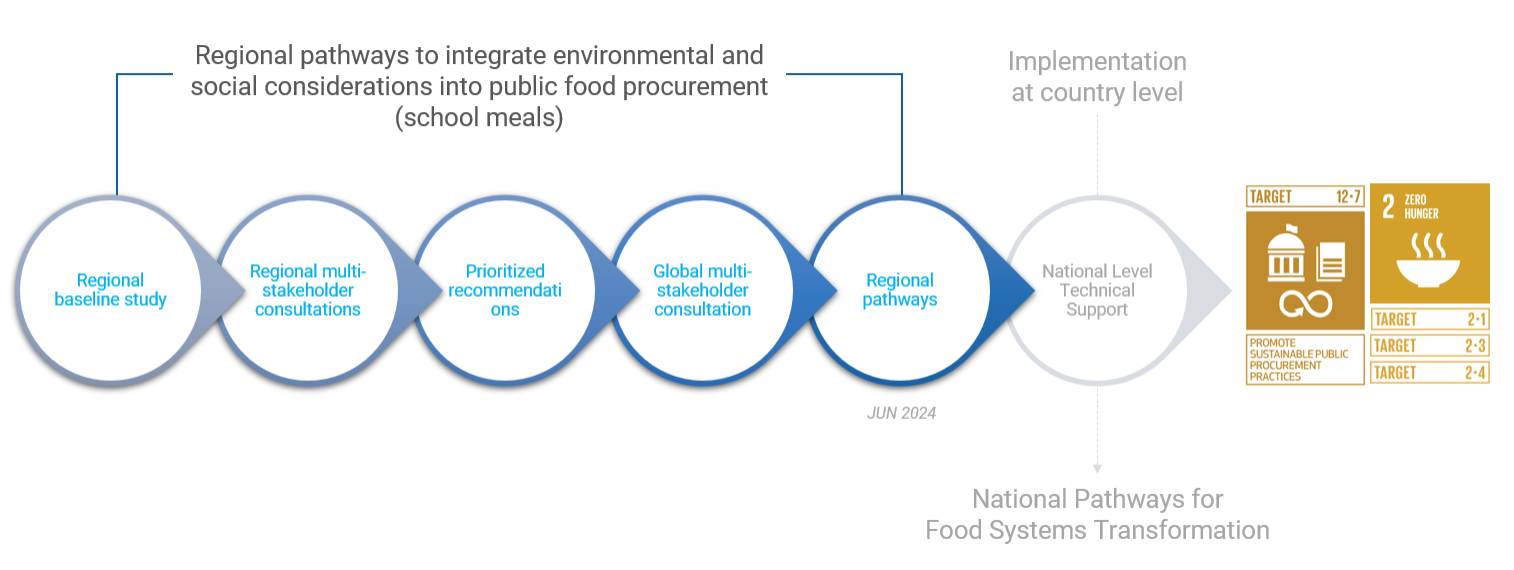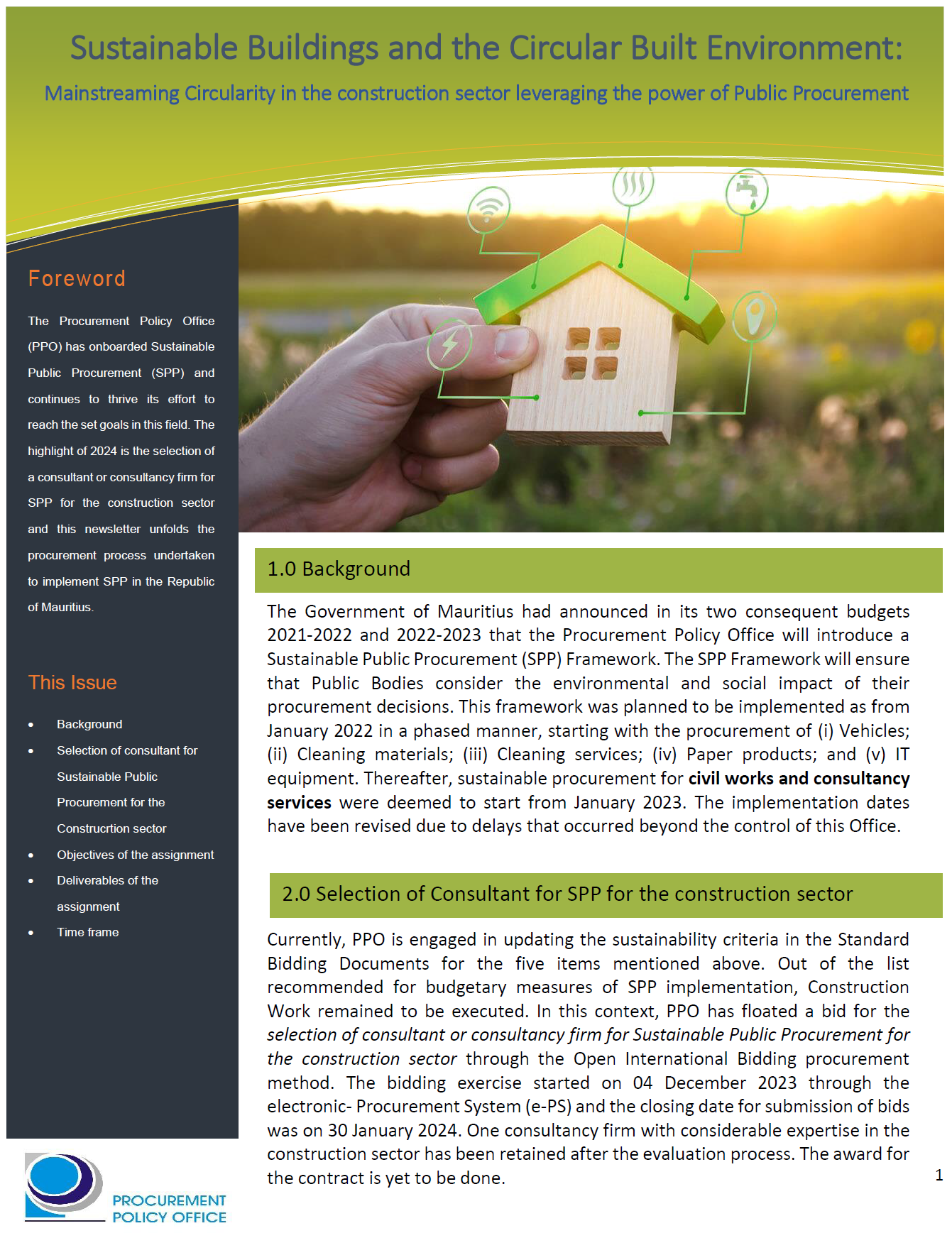Integrated Rural Tourism Development
Integrated Rural Tourism Development project offers an intervention strategy for the development of rural tourism in Armenia with the objective of creating sustainable income-generating opportunities as a supplemental income source to bring down the level of rural poverty, contribute to equal territorial development and shape conducive environment for rural development.
The concept applies integrated approach targeting strong local social networks.
The project has three main components:
1.Planning of sustainable integrated rural tourism- The tourism assets of the community will be identified, assessed and prioritized for the further development by preliminary expert assessment and participatory planning mechanism, which will outline the vision and strategy for the rural tourism development in the community through wide consultation and participation of the local stakeholders.
2.Increase income level through diversification of tourism products and services in the community- Developing human resources through sector-specific trainings (business management, food processing, sales, marketing, training local guides, etc.) will help to address the knowledge gaps and prepare the local communities to effectively manage the tourism enterprises. Meanwhile all the actors integrated in both production, service provision and management will be trained in sustainable utilization of tourism assets and adoption of mechanisms to bring down the environmental impact of their activities. In addition, the project will facilitate the access of the local tourism enterprises to seed financing through the loan mechanism of SME DNC.
3.Sustainable Destination Management- Establishing institutions to engage the local stakeholders and authorities into management and development of the community as a tourism destination. Meanwhile UNDP will build synergies between its upcoming projects planning to use big data and establish an up to date information center in Yerevan to promote the new tourism destinations. In addition, the project will help the new destinations to market the tourism services through ICT tools.
Fest was involved to deliver the PM4SD sustainable management certification through the training unit Jlag and in partnership with TrainingAId.
To know more about PM4SD: https://apmg-international.com/product/pm4sd
The blended training took place in Nov-Dec 2018
Twenty-four Managers from Armenia to Undertake the PM4SD (Project Management for Sustainable Development) Certification Training
Before the on site training, on December 19th, a public event, “Armenia, the path to sustainable tourism” was organized by UNDP, with the aim of bringing key stakeholders of the tourism value chain to build a common vision and an action plan for sustainable tourism development at the destination level.
Project Activities
Inventory Methodology
To ensure that the identification, assessment and prioritization of tourism assets of the villages envisioned in Component 1 is conducted with maximum efficiency and minimum bias, it was decided to automate the process to the extent possible, by developing an assessment system for scoring, comparison and filtering of villages, as well as for extracting long and short lists of villages matching any predefined criteria.
This document presents the preliminary design of the assessment system piloted in two marzes of Armenia. It is planned to revise and finalize the methodology based on the pilot phase analysis and lessons learnt. The assessment covers all villages of the Republic of Armenia and implies three main steps: a) data collection, b) village scoring, c) village score and information consolidation into a Master Matrix for automated comparison, filtering and shortlisting.
Tourism Resources Assessment Methodology (ARM)
Principles for Target Village Selection (ARM)
Annex 3. Sample Scoring Spreadsheet
Annex 4. Master Matrix_eng
Presentation for Ecotourism Conference in AUA
PM4SD Capacity building training. We Regarding the PM4SD capacity building activity directly managed by FEST, the impact assessment is ongoing. One more training will be delivered in April 2019.
The first impact is measurable as it follows.
1. Almost 25 delegates took part, 13 participants got the APMG qualifications.
2. New partnerships and project ideas are under development following the PM4SD management approach.
3. The PM4SD manual has been translated into Armenian as well, thanks to the support of UNDP., to further disseminate management skills, and to train trainers.
A new training will be delivered in April 2019 and trainers will be trained
Image

UNDP Armenia
Project start date
01/02/2019
Project end date
31/12/2019


